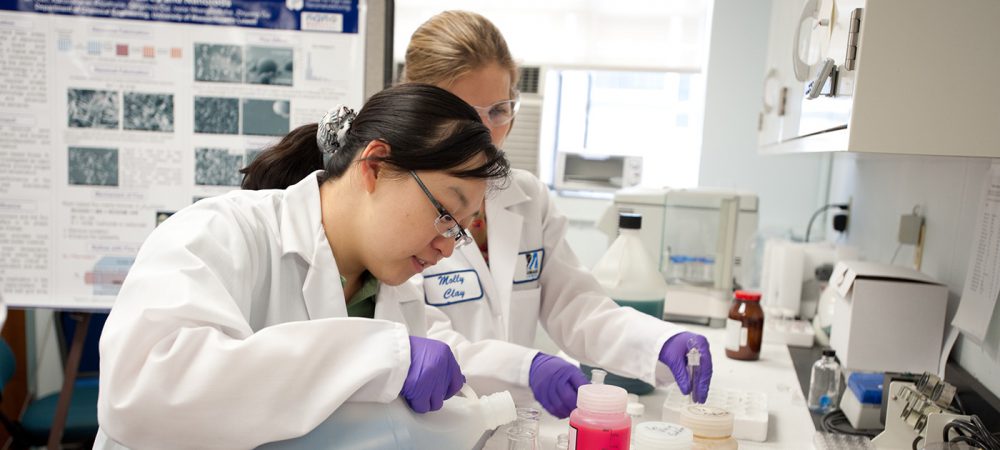Our new article uncovers facilitators and barriers to bystander action among faculty:
Challenging gendered microaggressions in the academy: A social–ecological analysis of bystander action among faculty. Haynes-Baratz, M. C., Bond, M. A., Allen, C. T., Li, Y. L., & Metinyurt, T. (2021). Challenging gendered microaggressions in the academy: A social–ecological analysis of bystander action among faculty. Journal of Diversity in Higher Education. Advance online publication. https://doi.org/10.1037/dhe0000315
WAVES Splash Newsletter, 2021 early spring
WAVES Splash Newsletter, 2020 fall
WAVES Splash Newsletter, 2020 spring
WAVES Splash Newsletter, 2019 fall
Racial microaggressions and psychological functioning among highly achieving African-Americans: A mixed-methods approach.
Abstract:
Racial microaggressions and their influence on mental health were examined among African American doctoral students and graduates of doctoral programs. Using a mixed-methods approach, the current study first identified the types of microaggressions reported by African American participants (N = 97) and then investigated the mechanism by which these experiences influence mental health over time with a separate sample of African Americans (N = 107). The qualitative findings revealed three categories of microaggressions including Assumption of Criminality/Second-Class Citizen, Underestimation of Personal Ability, and Cultural/Racial Isolation. The quantitative analyses found support for a moderated-mediational model by which Underestimation of Personal Ability was associated with greater perceived stress at one-year follow-up, which in turn was related to greater depressive symptoms. Active coping was found to moderate the racial microaggression-perceived stress link such that individuals who endorse active coping behaviors reported lower perceived stress. These findings are discussed in terms of practical and theoretical implications regarding the role of racial microaggressions in the lives of high-achieving African Americans and the mechanisms by which these experiences contribute to mental health problems.
Read More: https://guilfordjournals.com/doi/10.1521/jscp.2010.29.10.1074
Cite: Torres, L., Driscoll, M. W., & Burrow, A. L. (2010). Racial microaggressions and psychological functioning among highly achieving African-Americans: A mixed-methods approach. Journal of Social and Clinical Psychology, 29, 1074-1099.
[News] Microaggressionss at Work
By ELLEN MCGIRT
” Columbia professor Derald Wing Sue has done research on the comments better known as microaggressions, which are, in his terms, “the everyday slights, indignities, put-downs, and invalidations that people of color experience in their day-to-day interactions with well-meaning people who are unaware that they’ve delivered a put-down,” he says.
Although he concedes that some people are aware of their bias when they deliver their zingers, his studies indicate that it’s the unintentional forms that are the most damaging to people of color. (And I would imagine, to anyone who is not of the majority culture.)”
Read the full article here: http://fortune.com/2019/03/14/microaggressions-at-work/
[News] ‘Nice skirt!’ How to respond to microaggressions at work
“Like many aspects of people’s lived experience of race and gender in America, microaggressions aren’t always tangible. “I know what it is, it happens all the time, but I can’t really explain it or describe it,” said Robin Boylorn, a 40-year-old associate professor of interpersonal and intercultural communication at the University of Alabama. “Sometimes when we explain it or describe it, it’s not tangible; it doesn’t feel like a real thing.””
Read the full article here: https://www.marketwatch.com/story/nice-skirt-where-did-you-learn-english-how-to-respond-to-microaggressions-at-work-2019-02-21
WAVES Splash Newsletter, Feb. 2019
Micro Inequities and Everyday Inequalities: “Race,” Gender, Sexuality and Class in Medical School
Abstract:
Medical students in the 1990s are heterogeneous in terms of gender, “race,” class and sexual orientation. Based on a survey of third-year students, student interviews, and faculty/administrator interviews at one Canadian medical school, this paper goes beyond the identification of blatant forms of discrimination to examine micro level interactional practices of inclusion and exclusion that cumulatively convey messages about who does and who does not belong in medical school. These micro-inequities and everyday inequalities construct an institutional climate that may marginalize and alienate some students, reproducing hierarchies of inequality despite the institution’s express commitment to formal equality.
Read more: https://www.jstor.org/stable/3341493?seq=1#page_scan_tab_contents
Cite: Beagan, B. (2001). Microinequities and every inequalities: “Race,” gender, sexuality and class in medical school. The Canadian Journal of Sociology, 26(4), 583-610.
